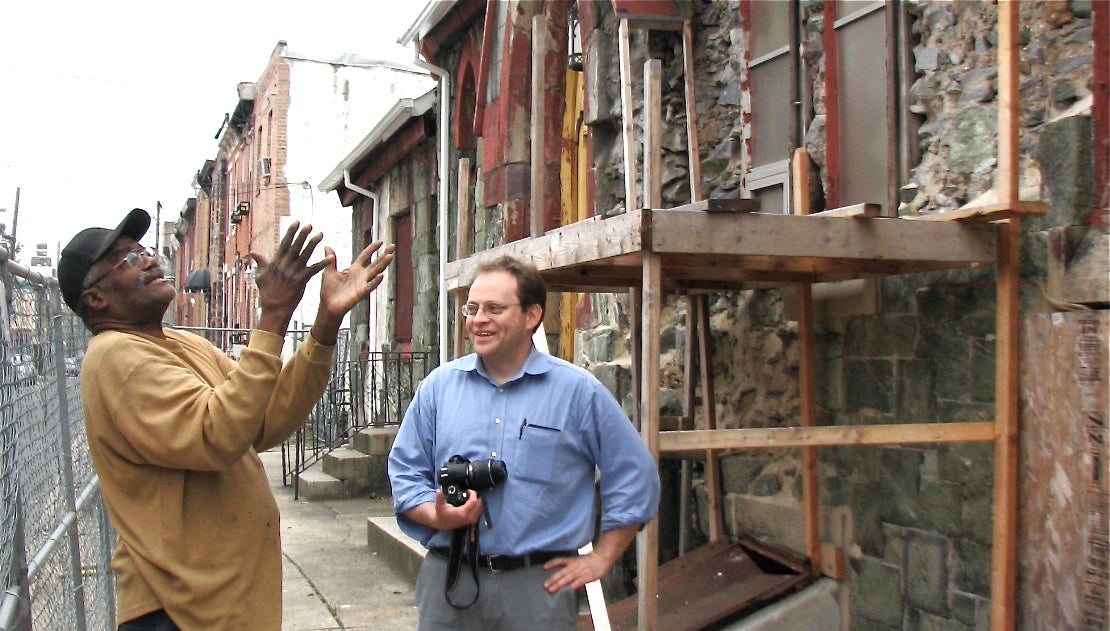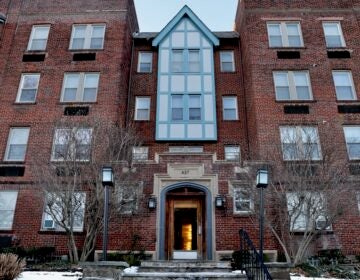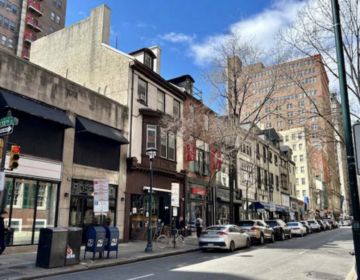Letter to the Editor: Wunsch responds to Farnham

To the Editor:
Jon Farnham evidently believes that historic preservation is alive and well in Philadelphia. Reading his oddly ad hominem response to my December PlanPhilly interview, I was struck by two things: 1) that statements made there might seem plausible to readers who had not been following the Historical Commission’s recent demolition decisions and, 2) that there is a pressing need for a genuinely public discussion of the issues at stake.
For the record: I have studied the history of the Philadelphia’s buildings and landscapes since the mid 1990s, when I began working for the Historic American Buildings Survey. In the last two years, my students and I have been involved in a host of local recording and preservation projects, generally in under-studied and under-served neighborhoods. While my close encounters with the city’s formal preservation apparatus are recent, I have learned much from attending demolition review hearings at the Board of Licenses and Inspections, where Dr. Farnham and others rehearse the Historical Commission’s logic at length.
Dr. Farnham’s decreasing-number-of-demolitions argument responds to a charge I never made, but perhaps that is beside the point. Fewer buildings may be coming down, but A) this is a standard trend during a recession; B) important but unlisted buildings, especially churches and factories, are being demolished at an alarming rate, e.g. http://hiddencityphila.org/2013/01/lost-buildings-of-2012/ ; C) what’s principally at issue now is the demolition of listed buildings – three in particular. Each of these cases has its peculiarities but together they suggest that the threshold for using the financial hardship and public interest escape clauses is being lowered. This is not my opinion alone; it is shared by other observers, as a glance at these articles will show: http://articles.philly.com/2012-07-03/news/32524386_1_historic-preservation-historic-buildings-historic-houses and http://articles.philly.com/2013-01-19/news/36417758_1_historic-buildings-historic-preservation-preservation-alliance
No one person is to blame here, but it is hard to avoid the conclusion that development interests have come to dominate other considerations in deciding the fate of listed buildings. The commissioners are not robots; they are making informed judgments – albeit ones with which members of the public may disagree. The same may be said of Farnham’s insistence that he is simply ensuring compliance with the law. The word “compliance” is misleading here because the law doesn’t dictate a single outcome. It leaves room for dissent – thus the Commission’s split ruling on the Church of the Assumption case, where a developer cast the deciding vote. Rather than being reflexively upheld, the law is being interpreted, and when it is interpreted in regard to the demolition of listed buildings, recent rulings have come down in favor of institutions and developers. Moreover, while this willingness to interpret hardship flexibly extends to powerful applicants, homeowners can still expect micromanagement in the arena of paint color and such. Don’t take my word for it; consult the Commission’s minutes, which are available online.
There is indeed a culture of despair when it comes to local preservation matters. This is not the doing of a particular developer (some, in fact, are preservation leaders) nor of the Commission alone. But the system itself is in trouble (for starters, see http://hiddencityphila.org/2012/05/a-broken-system/ ) and acknowledging this is important. Farnham assures us his agency “welcomes criticism, provided it is constructive.” We should all hope this is true. I don’t doubt that there are legitimate philosophical differences between his position and mine, but so far we haven’t gotten to them. For that reason, a group of PennDesign faculty is looking into the possibility of convening a symposium on the topic of preservation law. We would welcome Dr. Farnham’s participation.
Sincerely,
Aaron Wunsch
WHYY is your source for fact-based, in-depth journalism and information. As a nonprofit organization, we rely on financial support from readers like you. Please give today.





